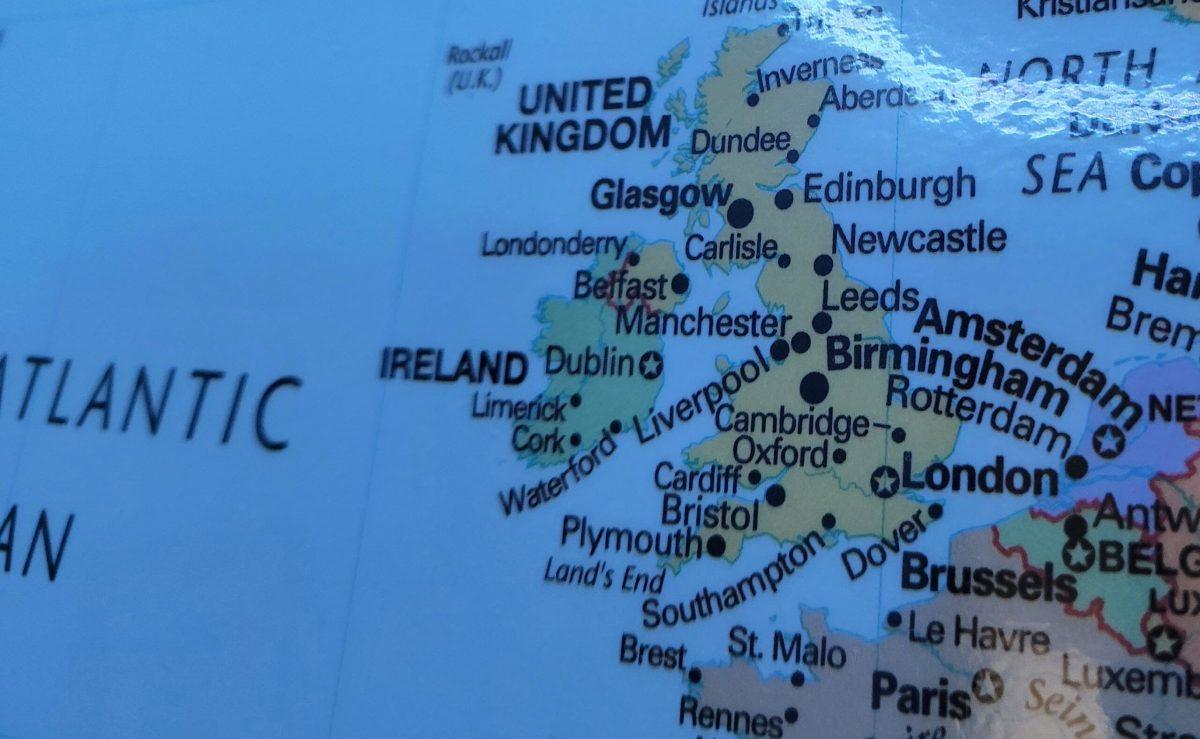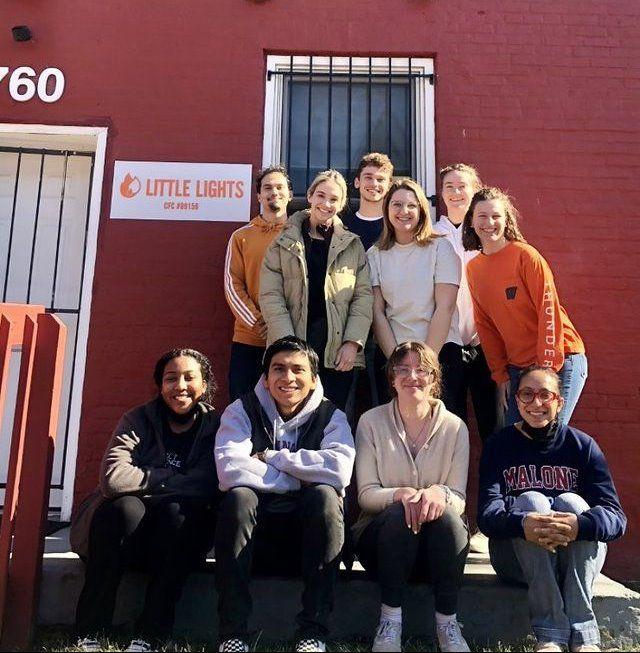Voters gave marijuana the green light in Washington and Colorado when they passed initiatives in both states to legalize the recreational use of marijuana for adults 21 and over.
Possession of an ounce of dried marijuana, a pound of marijuana-infused product (such as brownies) or 72 ounces of marijuana-infused liquid will become legal in Washington Dec. 6 due to Initiative 502.
Under I-502 the state has a year to establish a system of licensing growers, processors and retail stores, as well as a standard blood test limit for driving under the influence.
Though marijuana is now legal at the state level, federal law still classifies it as illegal.
That may cause issues for marijuana retailers, businesses that plan to sell marijuana-infused products and for workers whose employers require drug-free work environments.
“I think people who voted for 502 will be really surprised that if you use it in your own home, in accordance with the initiative, you can still get fired,” Seattle employment law attorney Michael Subit said to the Seattle Times.
The City of Seattle recently reminded its 10,500 employees that because it receives federal funding, it must remain a drug-free workplace. Other employers have followed suit, according to seattletimes.com.
Deputy Darrell Rohde of the Spokane County Sheriff’s Office likewise expressed the need to uphold federal law in spite of state legalization.
“If we expect people to pay taxes, which is a federal practice, we should expect them to obey all federal laws. Right now, marijuana is still illegal according to federal law,” Rohde said.
Like many employers, I-502 has not changed the Sheriff’s office hiring or drug policies.
“For now, those that plan to seek a job with the Sheriff’s Office should steer clear of marijuana and other illegal drugs,” Rohde said.
An excerpt from the intent of I-502 states that it allows law enforcement to be focused on violent and property crimes, generates new state and local tax revenue for education, health care, research and substance abuse prevention and takes marijuana out of the hands of illegal drug organizations and brings it under a tightly regulated, state-licensed system similar to that for controlling hard alcohol.
A group called Law Enforcement Against Prohibition supported legalization.
Some police officers believe continued prohibition takes resources away from pursuing dangerous criminals while helping fuel the Mexican drug war, according to fortworthstar-telegram.com.
The initiative proposes a heavy tax on marijuana, which could lead to new revenue. There will be a 25 percent tax imposed three times: when the grower sells to processor, the processor to retailer and the retailer to the customer, according to money.cnn.com.
State financial experts estimate $2 billion in tax revenue over the next five years if the federal government does not sue to block I-502, according to mynorthwest.com.
It is also estimated that legalization could take away $10 billion from cartels and dealers, according to forbes.com.
I-502 affects Whitworth students as well. Following the passage of the initiative, the Student Life committee met to discuss their response to the new law.
“Because we are a private institution, we are able to have different guidelines. We have chosen to be a dry campus; that means no alcohol for students, even those over 21, as well as faculty and staff,” said Dick Mandeville, vice president for student life.
The committee determined that marijuana, while legal by state law for those 21 and over, should be treated like alcohol and not allowed on campus, Mandeville said.
“We made that decision because of the impact on the individual using it, as well as the impact on those around who might not want to be exposed to it,” Mandeville said.
The student handbook explains in detail which substances are already prohibited on campus and for what reasons. Marijuana will be added to the list of substances, Mandeville said.
Contact Kendra Stubbs at kstubbs15@my.whitworth.edu.













 Spokane?
Spokane?